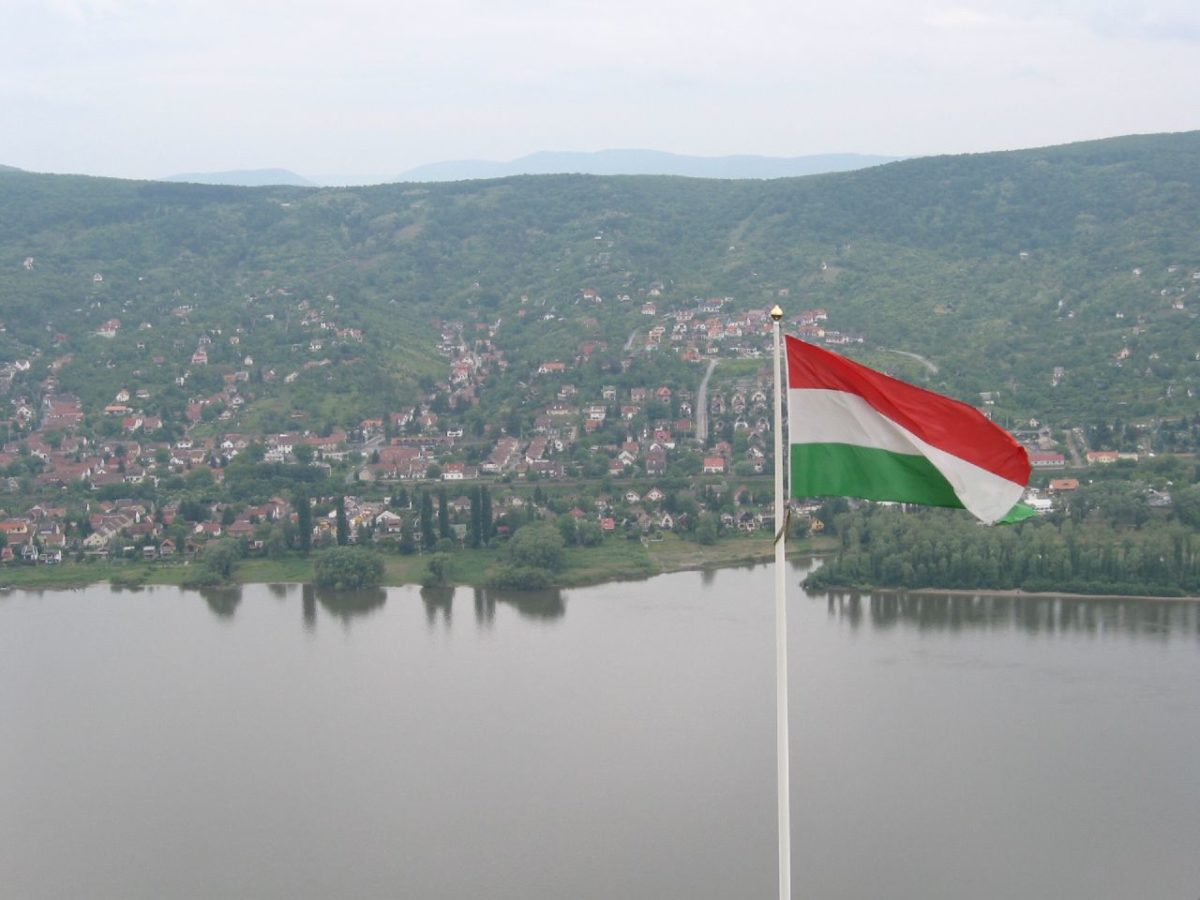The Hungarian government has decided to introduce a deadline for commercial and industrial solar PV projects ranging from 50 kW to 500 kW.
According to the Hungarian Photovoltaic Industry Association (MANAP), since April 20, when the recently issued support scheme METAR-KAT was amended, companies planning small-scale power plants were given just five days in which to submit their applications. Prior to the publication of the new provisions, included in the government decree No 81/2018 (IV.20), there was no deadline specified.
“Shortening the deadline has tragic consequences, since applications could be filed from mid-2017 onwards and the preparation of such a request typically lasts 6 to 12 months,” the association said in a press release.
Project developers were converting their projects from the previous KAT scheme to the new METAR-KAT scheme, the association said. “MANAP is not aware of the reasons for the sudden change: the introduction of the deadline (a permanent feature according to the text of the government decree), in such a sudden and unexpected way, makes the installation of new small power plants below 500 kW in the METAR/KAT system simply unworkable,” reads the release.
The new support scheme, which was approved by the European Commission (EC) in July, entered into force in October. The program, which has 10 year budget of HUF 45 billion (approximately €146 million) for new yearly FIT+pemium originally included a new feed-in tariff mechanism for renewable energy power generators under 500 kW; a premium tariff mechanism for projects with a power range of 500 kW to 1 MW; and an auction scheme for large-scale projects exceeding 1 MW.
“Now it seems that the preparatory work for projects that have been in progress for months now will not be finished, money and work will be lost, but what is even worse is that the belief in a predictable future was just an illusion. Unfortunately, we see an example of insecure legal and investment environment, which has the most serious impact on the energy sector in which investors have to plan decades ahead,” said president of MANAP, Ádám Szolnoki.
According to provisional statistics provided to pv magazine by László Szabo, a senior researcher at the Regional Centre for Energy Policy Research (REKK, Hungary), Hungary had reached around 270 MW of installed PV power at the end of 2016. The country still depends heavily on power imports for its electricity demand. In 2014, just 35% of the country’s power demand was met by domestic power generation facilities.
Hungary’s National Renewable Action Plan is aiming to cover 14.65% of its power demand with renewables by 2020.
This content is protected by copyright and may not be reused. If you want to cooperate with us and would like to reuse some of our content, please contact: editors@pv-magazine.com.




By submitting this form you agree to pv magazine using your data for the purposes of publishing your comment.
Your personal data will only be disclosed or otherwise transmitted to third parties for the purposes of spam filtering or if this is necessary for technical maintenance of the website. Any other transfer to third parties will not take place unless this is justified on the basis of applicable data protection regulations or if pv magazine is legally obliged to do so.
You may revoke this consent at any time with effect for the future, in which case your personal data will be deleted immediately. Otherwise, your data will be deleted if pv magazine has processed your request or the purpose of data storage is fulfilled.
Further information on data privacy can be found in our Data Protection Policy.